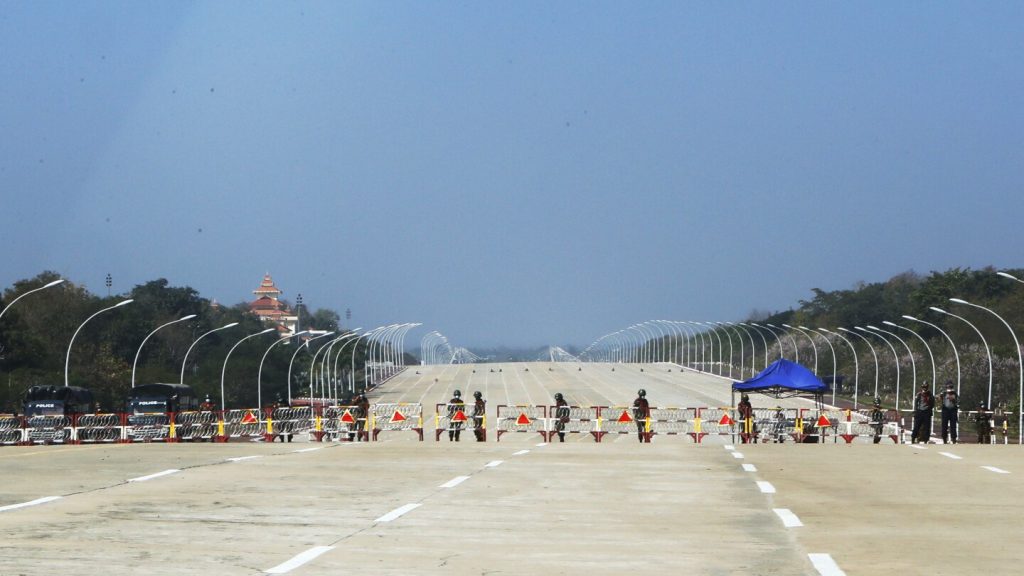The conflict in Myanmar is escalating, leading to devastating impacts on human rights, freedoms, and basic needs for millions of people, as well as spillover effects in the region. The military takeover in 2021 led to widespread protests and a nationwide armed conflict, with ethnic guerrilla forces joining the resistance movement against the military. Despite the military’s advantage in armaments and manpower, it has been unable to quell the resistance, leading to losses of territory in different parts of the country.
The main pro-democracy resistance group in Myanmar carried out drone attacks on the airport and a military headquarters in Naypyitaw, but the military claimed to have destroyed the drones before they could cause harm. The National Unity Consultative Council, formed after the military takeover, continued its efforts to promote a return to democracy, bringing together various ethnic, political, civil society, and resistance groups in Myanmar. The fighting between the Arakan Army and the military in Rakhine State has reached unprecedented levels of violence, affecting both the Buddhist Rakhine majority and the minority Rohingya Muslim population.
The Rohingya minority in Myanmar has long faced persecution, with many fleeing to refugee camps in Bangladesh in 2017 due to a brutal military campaign. The crisis in Myanmar has spilled over borders, affecting neighboring countries and leading to weakened security in key border areas. The breakdown in the rule of law has allowed criminal networks to thrive, leading to human trafficking, illicit trade, and the production of methamphetamine and opium on a global scale. The ongoing conflict has left millions of people in Myanmar without enough food and access to essential services, with children and pregnant women facing malnutrition.
Senior U.N. officials called for urgent funding to address the escalating humanitarian crisis in Myanmar, where millions of people are in need of assistance. The health system is also struggling, with shortages of essential medicines. The U.N. Secretary-General has called for a unified international response to the conflict and urged neighboring countries to use their influence to open humanitarian channels, end violence, and seek a political solution. A new U.N. special envoy for Myanmar is set to be appointed to engage with regional organizations and key parties toward these goals.
Despite international efforts to reach a peaceful solution, the Myanmar military has refused to engage meaningfully, leading to concerns about the ongoing crisis. The U.N. Security Council discussed the situation in Myanmar, with some countries expressing support for the military and others calling for a coordinated response to address the humanitarian crisis. The conflict in Myanmar continues to pose a threat to regional peace and security, with Western nations being accused of supporting armed opposition groups by some council members. The international community remains committed to addressing the crisis and aiding the people of Myanmar in their time of need.


